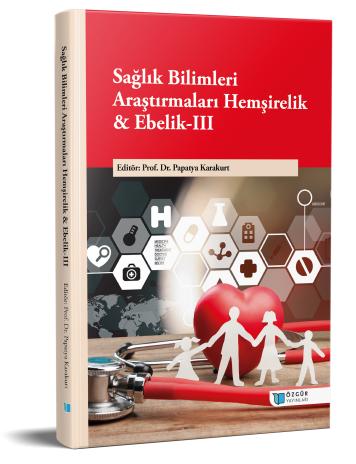
Cerrahi Hastada Uyku ve Hemşirelik Yaklaşımları
Şu kitabın bölümü:
Karakurt,
P.
(ed.)
2023.
Sağlık Bilimleri Araştırmaları: Hemşirelik & Ebelik-III.
Özet
Uyku, periyodik, geri dönen bilinç ve davranış değişikliği dönemlerini içeren, evreleri, düzeni ve döngüsü olan, insanlık tarihi kadar eski, fizyolojik temel bir yaşam gereksinimidir. Cerrahi girişim, sonrasında çeşitli seviyelerde sirkadiyen ritim düzensizliklerine neden olur. Cerrahi inflamatuar yanıtta yer alan bazı sitokinler ameliyat sonrası uykunun bozulmasında rol oynamaktadır. Ameliyat sonrası dönemde hastanın uykusunu etkileyen risk faktörleri; bireysel faktörler (yaş, cinsiyet), cerrahi ile ilgili faktörler (anestezi türü, cerrahi travmanın şiddeti, ağrı, anksiyete), çevresel faktörler (hastane ortamında olma, gürültü, ışık) olmak üzere üç ana başlıkta gruplandırılabilir. Bozulan uyku düzeyi hastanın hemodinamisini, ventilasyonunu, bilinç düzeyini, ağrı şiddetini etkiler. Cerrahi hastaların iyileşme sürecinin istendik şekilde olabilmesi için yeterli uykunun sağlanması önemlidir. Bunun için hemşire, hemşirelik sürecini uygulayarak uyku bozukluklarını tanılayabilmeli, doğru hedefler belirlemeli, gerekli hemşirelik girişimlerini planlamalı, uygulamalı ve sonuçları değerlendirmelidir.

